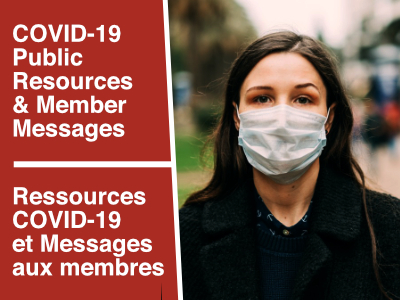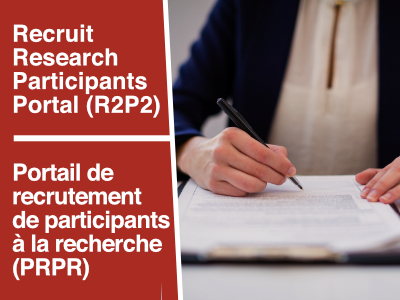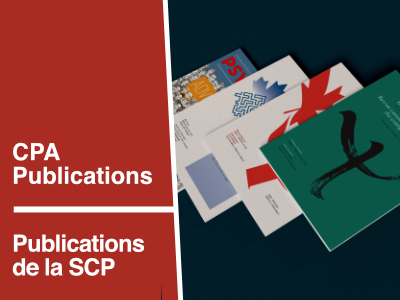Spotlight
Mind Full, a CPA Podcast: Detransitioning: separating fact from fiction

A lot of the furor over the rights of trans, non-binary, and other gender-diverse people has centered around the idea of ‘detransitioning’. That people who transition from the gender they were assigned at birth end up regretting that decision and transitioning back. On the CPA podcast Mind Full, Françoise Susset and Dr. Jesse Bossé explain the data on detransitioning, the truth about regrets, and the reality the furor creates for vulnerable gender diverse populations.
2024 Newsletter Award Winner

The Education and School Psychology Section is the winner of the 2024 CPA Section Newsletter Award for the Fall/Winter 2023 issue of Morning Announcements.
Why the CPA/CPAP BMS Insurance Liability Program Is Right For You
 The BMS Insurance Liability Program is the largest program of its kind for psychology practitioners in Canada. From its market leading coverage to its broker support to its association advocacy, the program has protected CPA/CPAP members with specialized Professional Liability Insurance for over 30 years. Learn more here.
The BMS Insurance Liability Program is the largest program of its kind for psychology practitioners in Canada. From its market leading coverage to its broker support to its association advocacy, the program has protected CPA/CPAP members with specialized Professional Liability Insurance for over 30 years. Learn more here.
New “Psychology Works” Fact Sheets
CPA’s Indigenous Psychology Student Award Recipients
The CPA would like to congratulate the recipients of the 2023 Indigenous Student Award, which recognizes excellent Indigenous students in the field of psychology;
– Trinity Stephens
– Maureen Plante
– Malcolm Disbrowe
– Brittany PrattFor more information about this Award, please visit the posting on the Funding page.
Submit your work to Canadian Psychology!
The editorial board of Canadian Psychology invites you to submit your work to the journal. As the flagship title of the Canadian Psychological Association, the journal publishes generalist articles in areas of theory, research, practice, education, and policy that are of interest to a broad cross-section of psychologists.
Canadian Psychology welcomes systematic reviews (including meta-analyses) and literature reviews relevant to theory or research in basic and applied areas—for example, human and non-human neurosciences, cognitive, perception, history and theoretical systems, quantitative, developmental, social, personality, clinical, counselling, educational and school, industrial/organizational, community, as well as teaching and learning. Click here to learn more.
Call for Nominations: 2024 International Union of Psychological Science’s (IUPsyS).
The elections committee issues a second call for nominations for election to the IUPsyS Executive Committee from national members holding voting rights in the 2024 Assembly to nominate further candidates by March 11, 2024, for the positions of: President-Elect, Treasurer, and Seven Regular EC Members. Further information about the nomination process, including the required forms are provided here.
Call for nominations for the IUPsyS Archbishop Desmond Tutu Achievement Against the Odds Award. This award seeks to honour a researcher or team of researchers who succeeded in conducting research under extremely difficult circumstances, involving great personal risk or hardship, for the greater good of scientific research, the scientific community, and/or the public-at-large. Nominations should be received by March 15, 2024. Full details are provided here.
Gender Identity in Children and Youth
The Canadian Psychological Association supports all children and youth in exploring and expressing their gender identity – including through the use of names and pronouns that affirm their gender and having access to supportive families, schools, and communities dedicated to helping each child develop their most authentic self.
The Canadian Psychological Association opposes stereotyping, prejudice, and discrimination based on gender identity or expression in exercising all basic human rights.
Briefing Paper: Artificial Intelligence and Psychology
Contributors: Adam Sandford, Bryce Mulligan, Eleanor Gittens, Meghan Norris, Myra Fernandes
Artificial Intelligence and its various uses have been the subject of much speculation in the media and in universities. This Briefing Paper provides a preliminary overview of the topic and makes recommendations for action by the CPA.
Artificial Intelligence and Psychology EN 2024.pdf
Canadians give governments an “F” in meeting their mental health/substance use health needs: CAMIMH Poll (January 2024)
The Canadian Alliance on Mental Illness and Mental Health (CAMIMH) released its 2nd Annual Mental Health and Substance Use Health Report Card that reflects the views of the people of Canada when it comes to rating governments across four categories (access, confidence, satisfaction and effectiveness) in providing mental health and substance use health care services (see the attached news release and slide deck). The bottom line is that governments are not moving nearly fast enough nor making the necessary public investments to improve timely access mental health and substance use health services. See the news release and report card.
CPA Membership Renewal for 2024 is NOW OPEN!
Join a membership 7000 strong that supports you at every stage of your career. Whether you are a student; work in practice, research, or education; are at the very start of your career, an experienced professional, or enjoying your retirement…you will benefit from all a CPA membership has to offer.
For more information on the many benefits of membership in the CPA – CLICK HERE.
Join as a NEW MEMBER or RENEW your membership now!
We look forward to supporting, promoting, and advocating for you in 2024.
Call for applications for 2023 Canadian Psychological Association International Bursary
The Board of the Canadian Psychological Association (CPA) maintains an international bursary program that is available to developing and emerging countries – those who are members of the Global Psychology Alliance (GPA) as well as those who are not GPA members but are in the process of developing and formalizing organized psychology in their countries.
Click for complete information and the application link: Canadian Psychological Association International Bursary Application Form
Click here for more funding opportunities: https://cpa.ca/funding/
New Position Statement: Promotion of Gender Diversity and Expression and Prevention of Gender-Related Hate and Harm
The Canadian Psychological Association (CPA) through its Code of Ethics and policy statements, has long held a commitment to human rights, social justice, and the dignity of persons. Despite this commitment, echoed in amendments to Canada’s Human Rights Act and the Criminal Code, and in the Universal Declaration of Human Rights, gender-based stereotypes, prejudice, and discrimination continue to persist across social systems and services (e.g., education, health, justice).
With the rise of gender minority hate and violence worldwide, this policy statement outlines the discrimination that people of gender minority face, as well as the changes that need to be made to redress it. The CPA commits to helping to bring about these changes and calls on legislators, policy makers, and agencies and individuals who deliver health and social services to assert their commitments to join us.
View the full Position Statement here (PDF).
View all of the CPA’s Position and Policy Statements here
Featured Activities and Products
-

COVID-19 Public Resources & Member Messages
Read more -

CPA Career Hub
Read more -

Recruit Research Participants Portal (R2P2)
Read more -

CPA Publications
Read more -

Advertising with the CPA
Read more -

Career Advertising
Read more -

Continuing Professional Development Online Courses
Read more -

Advertise in Psynopsis
Read more -

Professional Liability Insurance
Read more


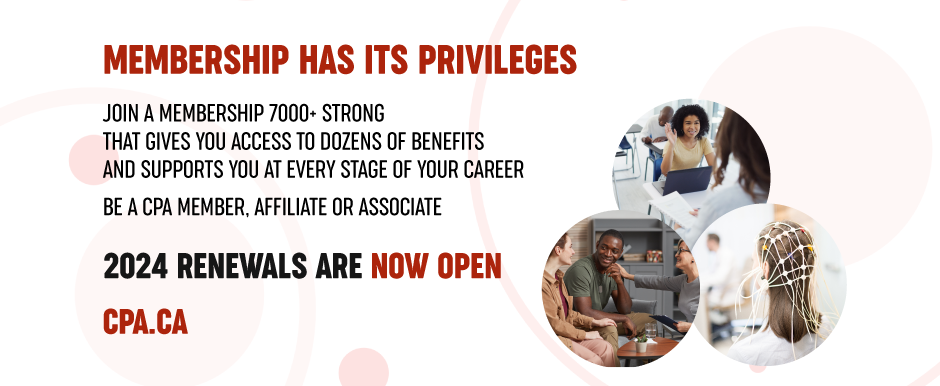
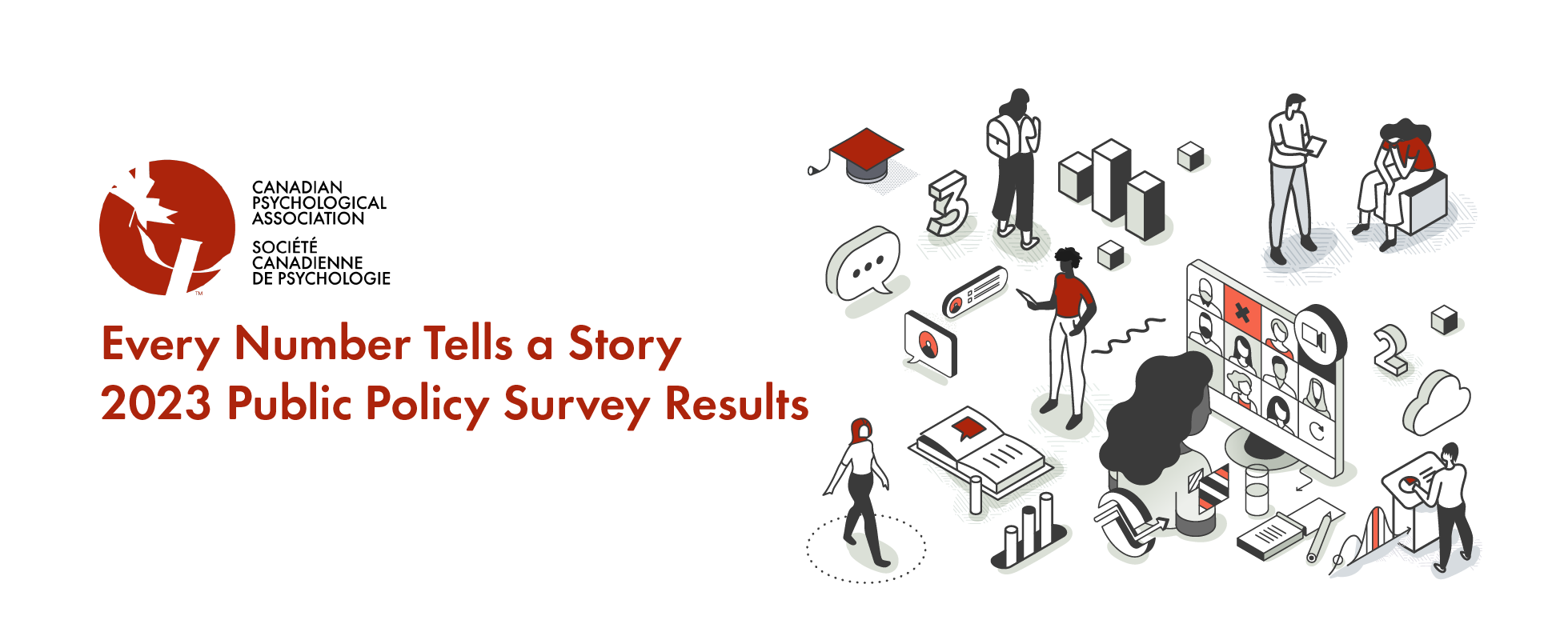
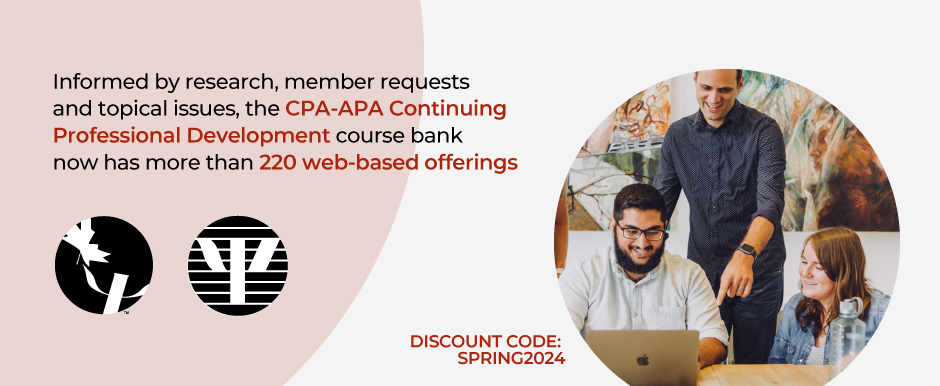
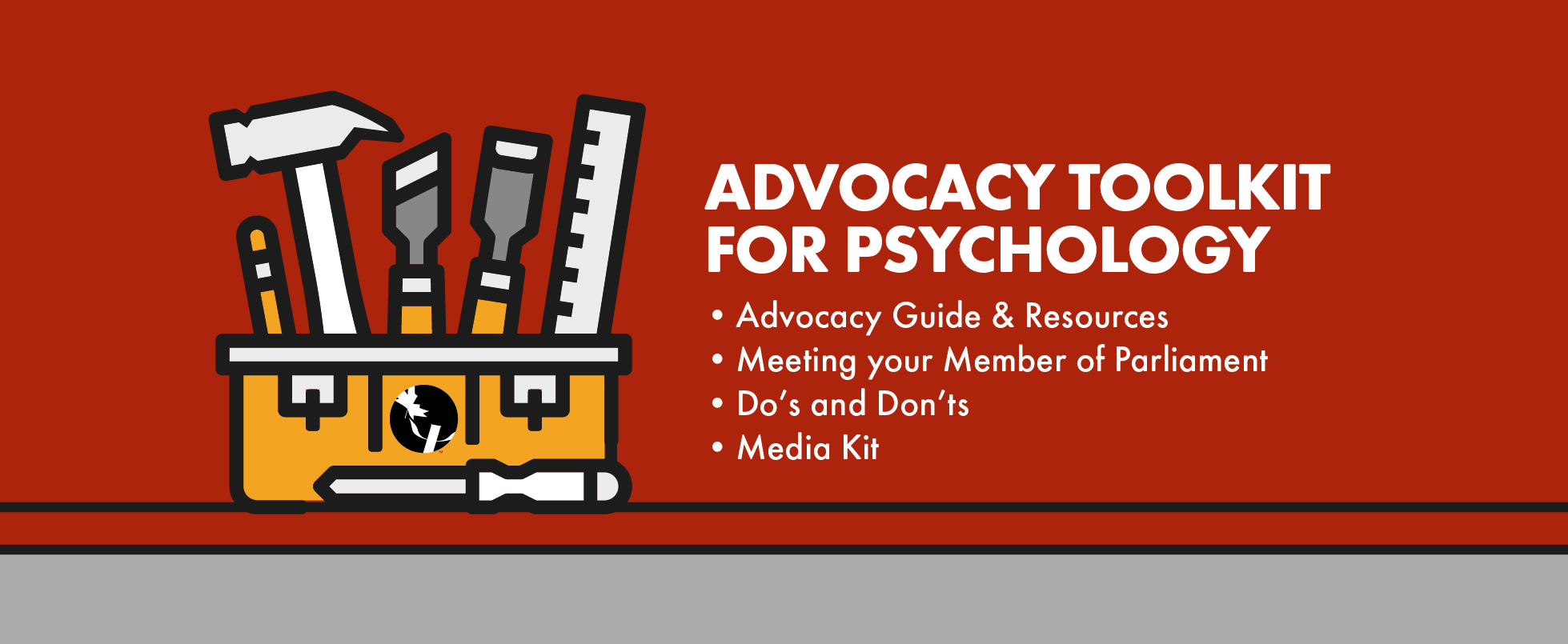
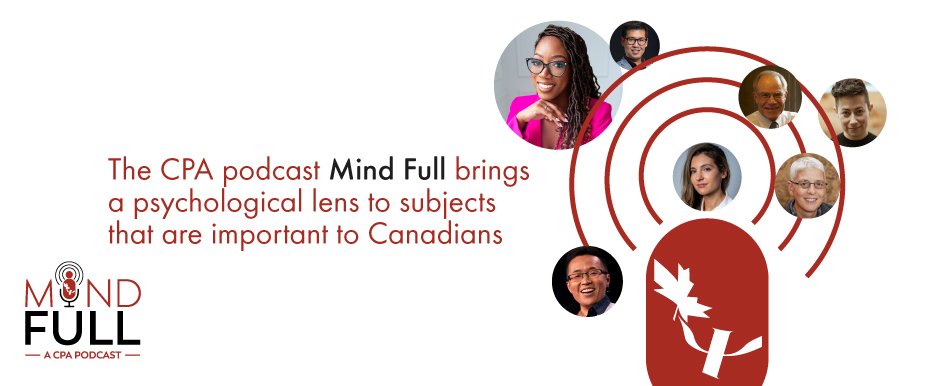


 The BMS Insurance Liability Program is the largest program of its kind for psychology practitioners in Canada. From its market leading coverage to its broker support to its association advocacy, the program has protected CPA/CPAP members with specialized Professional Liability Insurance for over 30 years. Learn more
The BMS Insurance Liability Program is the largest program of its kind for psychology practitioners in Canada. From its market leading coverage to its broker support to its association advocacy, the program has protected CPA/CPAP members with specialized Professional Liability Insurance for over 30 years. Learn more 